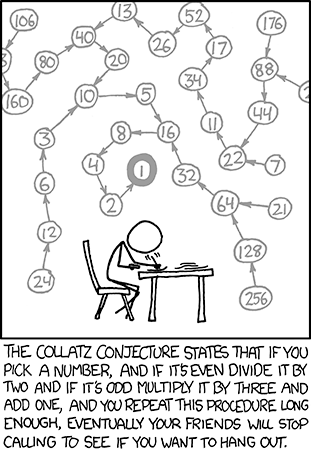I had a great time and went to so many great sessions at this year’s GCTE Conference at Callaway Gardens.
This first session I attended explored the use of Plasq’s Comic Life software in school projects (Kristen Kallaher, Stone Mountain High School). I have Comic Life on my Mac, and I use it to make cool handouts for my classroom, but I hadn’t thought about getting it installed in our computer lab so students could create projects. I find there is a bit of a learning curve with Comic Life. Still, it’s an idea worth exploring.
Long-time readers of this blog know about my struggles with grading as a form of assessment. If I have to use grades, I want them to reflect what students have truly learned. Sisters Laura Cook (South Effingham High School) and Elizabeth Self presented a session on Grading What Matters that I found intriguing. One thing Laura Cook does is she doesn’t penalize students’ points for late work. Instead, she assigns them lunch detention until the work is completed. In her words, it’s a behavior issue and should therefore be addressed with consequences for the behavior. I like that idea and would like to talk about it further with my department and other faculty at my school. Update: I forgot to include a link to Laura and Liz’s blog, where you can find materials shared at their session.
Lawrence Scanlon presented Integrating Nonfiction into the Curriculum: An Introduction to Rhetoric. My department chair and I have been discussing changes in the curriculum along these lines. What is funny is that she e-mailed me prior to the conference and asked me to go to this session if I could, but if there was something else I preferred, she said that was OK. Well, I went through the descriptions, settled on this session, and went. Then I realized it was the one she wanted me to go to. We are so in tune with each other that it’s spooky. This session was great. One thing I took away from it was solid tools to help students to craft an argument that I can use immediately.
I am interested in multigenre research papers and attended a session last year presented by Buffy Hamilton (who has since become an online friend). This year, Robert Montgomery and his students at Kennesaw State University presented their multigenre research papers, and I learned some new ways to incorporate this valuable writing experience into my classroom. I also really need to finish Tom Romano’s book.
My last session on Friday was presented by a teacher candidate from UGA (Eric Slauson) on incorporating science fiction into the classroom. I chose to go to this session because of my Joseph Campbell class. Slauson did a particularly good job pairing science fiction offerings with canon books.
The final session of the conference took place on Saturday, and I chose to attend Ike Thompson’s (Houston County High School) presentation of Literature Circles. I am very interested in doing more with literature circles, and Thompson’s presentation gave me lots of good ideas. He applied for a mini-grant from GCTE in order to populate his classroom library. I have been researching grant opportunities aside from this mini-grant, and I find that many grant opportunities are limited to public school teachers. I understand why. It makes complete sense to me. But I need to find a way to get a solid classroom library, too. I guess my department chair and I will just need to put our heads together and think.
Saturday night I had dinner and excellent conversations with colleagues from across the state. We moved on to trivia after dinner, and our team won. I absolutely love trivia. My favorite board game is Trivial Pursuit. I need to get in on some local trivia deal so I can keep sharp.
The best part of the conference for me, at least personally, was this:

Nothing beats being recognized by your own colleagues.
Like this:
Like Loading...





